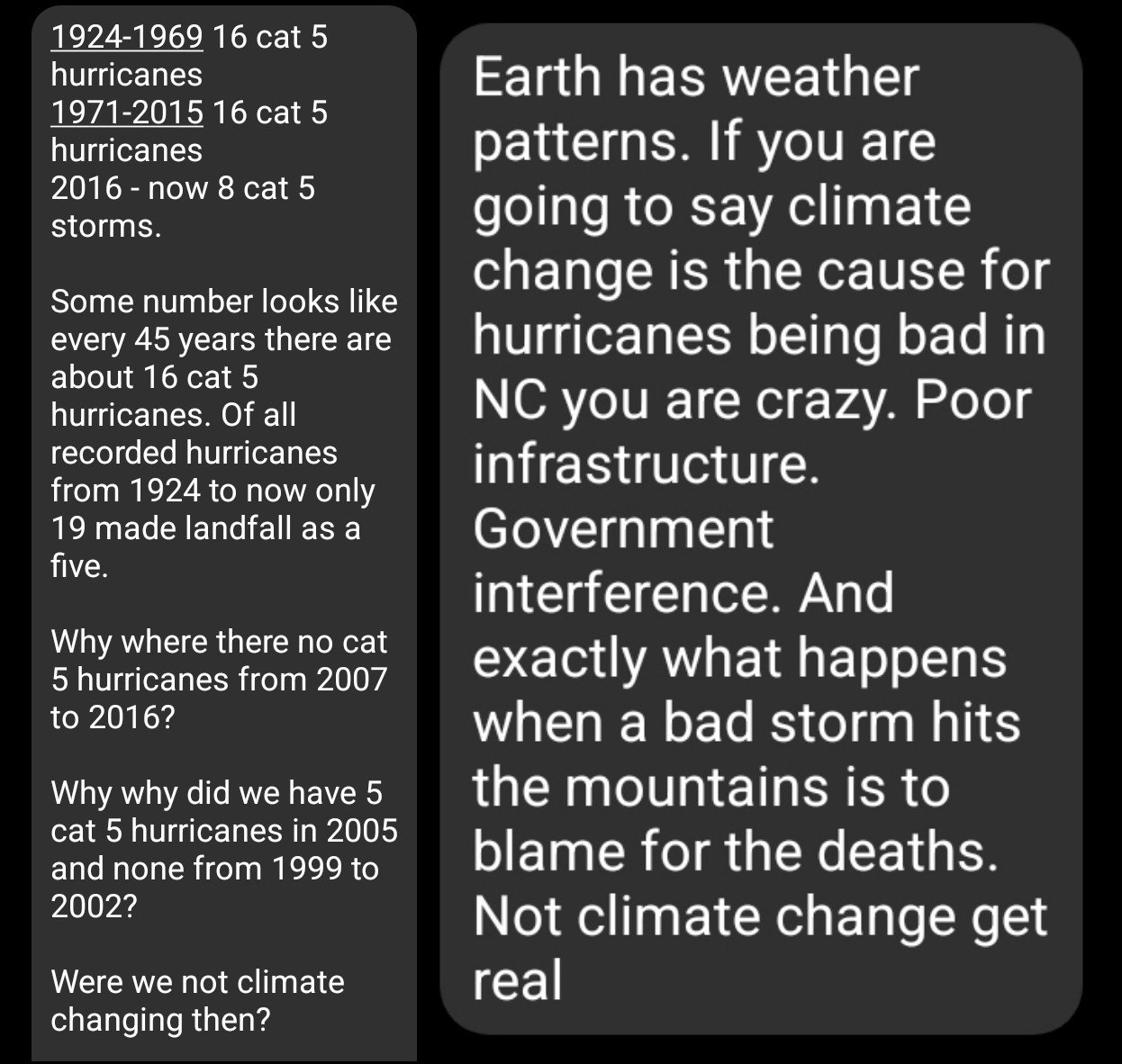Guyana's oil production is booming, and it's growing at an unprecedented pace, according to energy expert Dan Yergin.
"Guyana is very important because it is the fastest offshore oil development in the history of the world," he said in a CNBC interview on Monday.
Exxon Mobil and Chevron have both been expanding their footprints in the region. Exxon began production at its third project in Payara, Guyana, this year, bringing its total production capacity in the region to approximately 620,000 barrels per day.
And in October, Chevron signed a deal to acquire oil company Hess, with one big trophy of the agreement being a project off the coast of Guyana.
But long-simmering antagonisms between Guyana and its neighbor Venezuela have resurfaced recently, with Venezuela claiming a big chunk of Guyana's land.
"So far it's more bluster," Yergin said. "Nicolás Maduro, the dictator president of Venezuela, had this farcical referendum where maybe 10% of people voted claiming two thirds of Guyana. But what's really piqued his interest is offshore oil."
The flare-up should be taken seriously in the US, Yergin warned, as Maduro remains in a weak position with the country seeing a large refugee crisis.
That's after years of economic collapse have sent millions of Venezuelans fleeing the country, landing mostly in other part of Latin America.
"The risk is that he might do something, he might seize a piece of territory, plant a flag," he said. "And of course, you have to keep in mind that Maduro's close allies are Russia, Cuba, and increasingly, Iran."
For now, hostility between Venezuela and Guyana is more words than action, Yergin added.
In terms of geopolitics, the real threat to oil markets is in the Middle East, at the strait of Bab-el-Mandeb, which connects the Red Sea to the Gulf of Aden and the Indian Ocean.
That waterway sees about 9 million barrels of oil pass through every day, especially with Russian oil shifting south after Western sanctions were imposed.
Meanwhile, Houthi rebels in Yemen have declared they would target Israel-bound vessels that do not stop in Gaza to deliver humanitarian aid.
"The Houthis seem to feel that they're invincible, that they can attack US naval ships," Yergin said. "That's a thing to watch as a geopolitical factor that could affect [oil markets]."

Makes me wonder if you won't see and Andrew Carnegie of this era step up and endow it against his fellow capitalist.